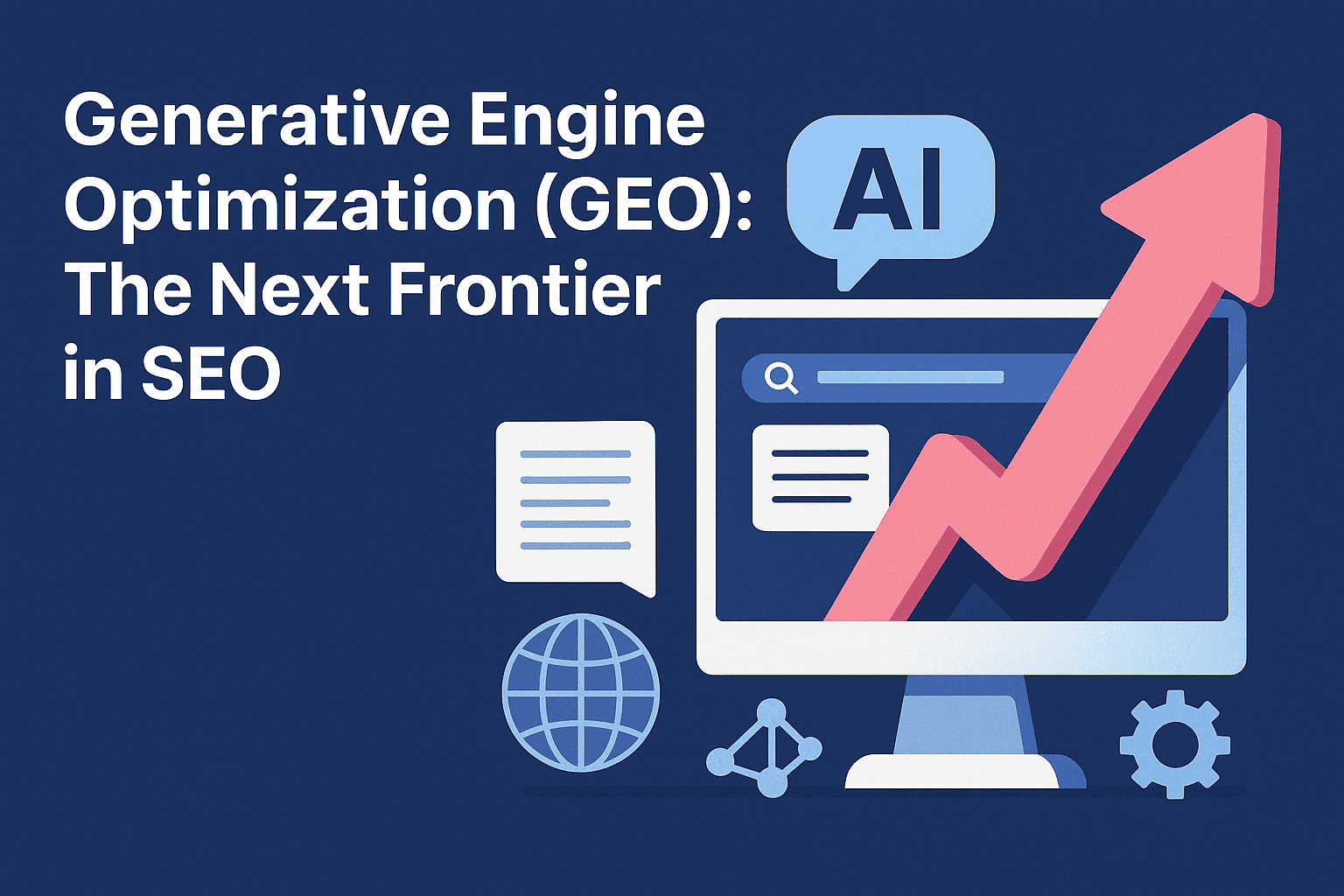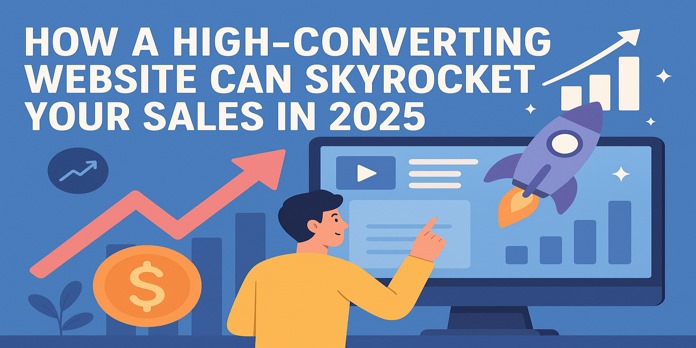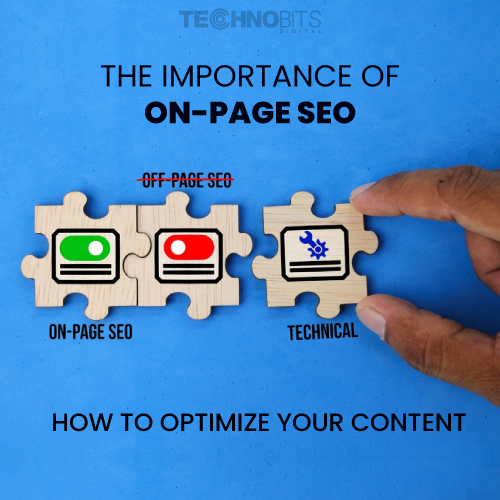Blog Detail
Generative Engine Optimization (GEO): The Next Frontier in SEO
New Things
Aug 29 2025

Generative Engine Optimization (GEO): The Next Frontier in SEO
Introduction: A New Era of Search Is Here
In the ever-evolving digital landscape, SEO has continuously adapted to shifts in user behavior, technology, and search engine algorithms. But today, we are on the brink of a transformation far more revolutionary than any Google core update or mobile-first index.
Enter Generative Engine Optimization (GEO) – the emerging art and science of optimizing content not only for traditional search engines like Google and Bing, but also for generative AI platforms such as ChatGPT, Bing AI, Google Gemini, and Perplexity.
As these tools become a primary source of information discovery, brands must rethink how they create and structure content. Let’s explore what GEO is, why it matters, and how you can get ahead of the curve.
What Is Generative Engine Optimization (GEO)?
GEO is the process of optimizing content to be discovered, interpreted, and quoted accurately and favorably by AI-powered generative search engines. Unlike traditional SEO, which focuses heavily on ranking pages in SERPs, GEO focuses on creating structured and authoritative content that LLMs can confidently reference in generated responses.
Traditional SEO typically emphasizes:
Keywords
Backlinks
Page speed
Metadata
GEO, on the other hand, prioritizes:
Structured, factual content
Semantic clarity
Authority and originality
Conversational tone
Since generative AI models don’t crawl the web in real time, they rely on existing training data or connected indexes. This means the content you publish today could shape tomorrow’s AI-generated answers.
Why GEO Matters in 2025 (And Beyond)
1. AI Is Becoming the New Search Front Door
Tools like Perplexity AI, ChatGPT Browse, and Google’s SGE (Search Generative Experience) are transforming how users discover information. Instead of clicking through multiple results, users now get direct, synthesized answers. Optimizing for these platforms means increased brand visibility even without securing the #1 spot on Google.
2. Zero-Click Future
Generative answers often remove the need for clicks. GEO ensures that your brand or expertise is cited directly within these AI-driven answers, keeping you visible in a world where traditional organic clicks decline.
3. Thought Leadership in AI Ecosystems
Brands that publish clear, authoritative, and fact-based content are more likely to be cited by AI models, positioning them as thought leaders in their space.
Key GEO Strategies to Implement Now
1. Write Like You’re Teaching AI
Use clear subheadings, short paragraphs, and direct answers.
Incorporate structured data, lists, and FAQs.
Assume the AI will paraphrase your content — make it concise and contextually strong.
2. Prioritize Factual, Trustworthy Content
Cite credible sources and avoid vague claims.
Use real-world expertise and case studies.
Stay away from clickbait; LLMs prefer well-supported insights.
3. Use Natural Language & Semantic Richness
Think conversational: “What is generative SEO?” vs “Generative SEO definition.”
Incorporate semantic variations and related keywords.
4. Establish Content Authority
Publish niche, high-quality blogs consistently.
Build topic clusters around your expertise.
Use schema markup, author bios, and timestamps to increase credibility.
5. Optimize for AI Summarization
Place key phrases early in your paragraphs.
Ensure conclusions are clear and direct.
Write so that each paragraph can stand alone — useful for snippet generation.
GEO vs Traditional SEO: What’s Different?
| Feature | Traditional SEO | Generative Engine Optimization |
|---|---|---|
| Goal | Rank in SERPs | Be referenced in AI answers |
| Tactics | Backlinks, keywords, meta | Semantic clarity, factuality |
| Platform | Google, Bing, Yahoo | ChatGPT, Gemini, Perplexity |
| User Intent | Click & explore | Ask & get direct answers |
| Format | Blog-heavy, longform | Q&A, structured, concise |
The Future: GEO as a Must-Have Strategy
As LLMs shape the way users consume information, GEO is not optional — it’s essential. Imagine a user asking, “What is the best IT solutions company in Gujarat?” With GEO, your brand can be featured in that AI-generated answer, even if you’re not ranking #1 on Google.
Final Thoughts: GEO Starts With Intent
Generative Engine Optimization isn’t about “gaming” AI models — it’s about creating content that AI finds useful, accurate, and easy to summarize. By aligning with how people search in the age of AI, businesses can future-proof their visibility.
For IT brands, SaaS platforms, digital marketers, and content creators, the shift to GEO represents an opportunity to lead rather than follow.
Want Help Implementing GEO?
At Technobits Digital, we specialize in staying ahead of digital trends. Whether you need GEO-optimized blogs, AI-driven content strategies, or full-scale digital transformation, we’ve got you covered.
Contact us today to future-proof your content in the age of AI.
TAGS
India +91 97265 89144, Dubai +971 544149632.
We truly care about our users and our product.





